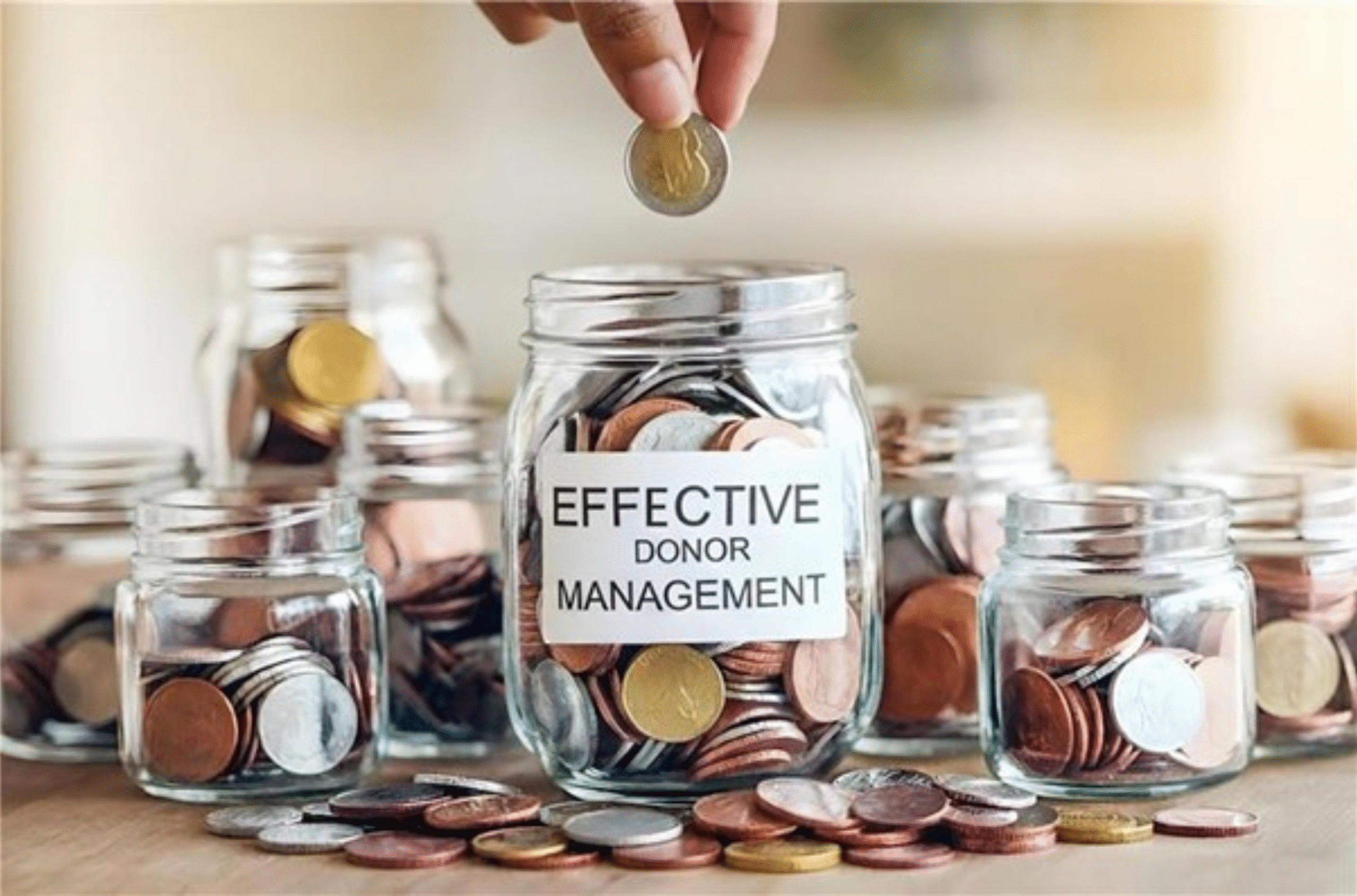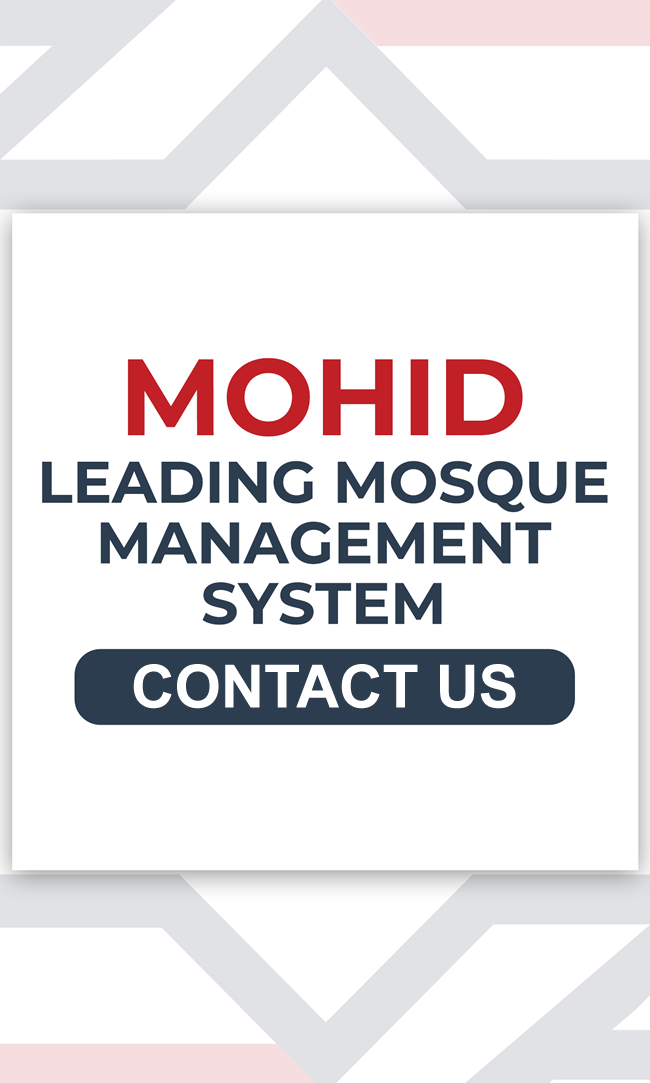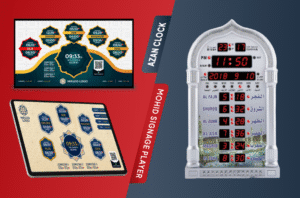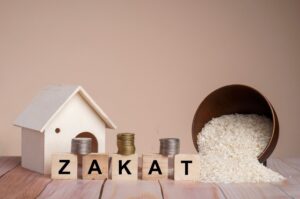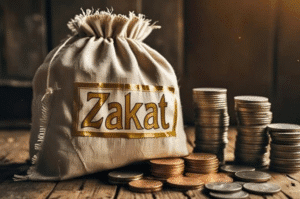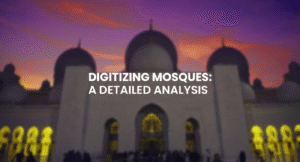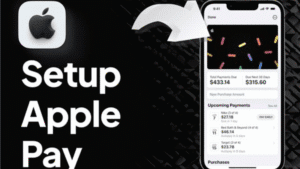Introduction: The Blessing of Organized Giving in Our Masjids
Giving in the path of Allah is one of the greatest blessings of our faith. From daily sadaqah to Zakat al-Mal, contributions keep our masjids alive, help sustain their programs, and serve the wider community. But as communities grow, donations also become more diverse and complex to manage. Without proper donor management, important details can be lost, communication can weaken, and generous supporters may feel disconnected from the organisation.
This is why adopting structured practices and, in many cases, reliable donor management software is so important. Masjids today are not only places of worship but also community centres that rely on continuous generosity. When giving is organized, transparent, and appreciated, donors feel confident and motivated to keep supporting.
In this article, we’ll explore the 7 best practices for donor management that every masjid can adopt to build stronger relationships, increase trust, and sustain long-term generosity. With the right systems in place, such as MOHID’s solutions, masjids can transform how they engage with donors while keeping the spirit of sadaqah and ihsan at the heart of everything.
1. Islamic Donor Engagement Begins with Connection
At the core of all donor management is the principle of connection. In Islam, giving is not simply a transaction; it is an act of worship and a means of drawing closer to Allah. For this reason, masjids should treat donors not only as financial contributors but as partners in sustaining the house of Allah and serving the ummah.
Islamic donor engagement starts with acknowledging the spiritual value of each contribution. A kind word, a dua for the donor’s family, or even a personalized thank-you message can make a significant difference. When people feel that their contributions are recognised as acts of faith, not just numbers on a ledger, they feel a deeper connection to the masjid.
Beyond spiritual connection, regular updates help strengthen relationships. Donors want to see how their sadaqah is being used, whether it’s funding a Qur’an class, paying utility bills, or supporting community outreach. By sharing these updates through email, SMS, or Friday announcements, masjids can nurture a sense of partnership and accountability.
2. Use a Masjid Donation Management System for Accuracy and Ease
One of the most common challenges masjids face is tracking donations. Relying on manual spreadsheets or paper receipts can quickly become overwhelming, especially during Ramadan or fundraising drives. This is where a Masjid donation management system plays a vital role.
A digital system ensures every contribution is recorded accurately and categorized properly. Whether the donation is Zakat, Sadaqah Jariyah, or a building fund pledge, the system allows administrators to easily assign it to the correct fund. This level of precision not only enhances accountability but also fosters transparency within the community, a quality that is deeply valued in Islamic institutions.
Accuracy also prevents common issues like misplaced records, duplicate entries, or missed follow-ups. By automating these processes, masjid staff and volunteers can focus less on paperwork and more on engaging the community.
Another benefit is convenience. Donors often want instant receipts, reminders for recurring donations, or the ability to give via kiosk or online. A strong donation management system supports all of these, ensuring both masjid admins and donors experience ease.
Simplify Donation Tracking In Your Masjid
Get Started With MOHID’s All-In-One Masjid Donation Management System Today
3. Maintain a Reliable Masjid Donor Database
One of the pillars of effective donor management is keeping a reliable donor database. Just as a masjid keeps records of its members, maintaining an organized list of donors helps in fostering long-term relationships. This is not about reducing donors to numbers, but about honoring their contributions with care and diligence.
A well-structured Masjid donor database stores information such as donor names, contact details, preferred donation types, giving frequency, and even notes on personal interactions. When managed properly, it allows administrators to:
- Send targeted reminders (e.g., zakat reminders before Ramadan)
- Recognize recurring donors with special messages of appreciation
- Reach out personally during key occasions like Eid or community events
This type of personalized engagement is more than just professional; it’s personal. It’s Islamic in spirit. The Prophet ﷺ said: “He who does not thank people has not thanked Allah.” Not only is the sunnah upheld by remembering and appreciating donors, but also community spirit is strengthened.
A donor database also ensures continuity. When committee members change, donor relationships don’t get lost. Records remain secure and accessible for future administrators, maintaining stability in the masjid’s fundraising efforts.
4. Masjid Donor Management with the Right Tools
While personal connection is vital, modern tools make managing large communities much more effective. A proper masjid donor management system provides masjids with an integrated platform where they can see all giving in one place: kiosk donations, online payments, bank transfers, and recurring pledges.
Instead of juggling multiple systems, masjids can use a central dashboard to manage everything. This enables staff to quickly identify trends, such as which campaigns are most successful or which months yield higher donations. These insights help inform the strategic planning of future fundraising campaigns.
With the right tools, masjids can also automate thank-you emails, generate annual giving statements for tax purposes, and send SMS reminders for special fundraising nights, such as Laylat al-Qadr. This level of professionalism not only builds trust but also demonstrates to donors that their masjid is organized and forward-thinking.
Importantly, digital donor management software makes giving easy for the younger generation. Many youth no longer carry cash and prefer card or mobile donations. By offering kiosks, online giving, and recurring options, masjids can capture generosity that might otherwise be lost.
5. Mosque Fundraising Strategies That Inspire Generosity
Every masjid relies on fundraising to cover daily expenses, expand facilities, and sustain programs. But effective fundraising requires more than a quick appeal during Jumu’ah. Effective mosque fundraising strategies prioritise inspiration, transparency, and accessibility.
In Islam, sadaqah is tied to the heart. When stories inspire people, they give more willingly and consistently. Sharing real-life examples, such as how donations helped a revert attend Qur’an classes or funded a family’s iftar in Ramadan, creates an emotional connection. This makes fundraising not just about meeting needs but about sharing blessings.
Another important strategy is variety. Not all donors prefer the same method. While some give at fundraising dinners, others want the convenience of kiosks or online portals. By diversifying channels, a masjid ensures that logistics never restricts generosity.
Fundraising should also be transparent. Displaying donation goals, sharing progress updates, and reporting on how funds are spent build community trust. When donors see a clear impact, they are more inclined to continue giving.
Lastly, aligning campaigns with the Islamic calendar is extremely effective. Ramadan, Dhul Hijjah, and Jummah are spiritually significant times when Muslims are eager to give. By planning campaigns around these moments, masjids maximize both engagement and barakah.
Inspire Your Community With Modern Mosque Fundraising Strategies With Kiosks, Online Giving, And Reporting Tools
6. Donor Retention Strategies for Long-Term Support
One-time donations are helpful, but long-term sustainability depends on donor retention. Effective donor management requires consistent effort in nurturing relationships so that donors feel valued and inspired to continue their support.
Some key donor retention strategies include:
- Personalized appreciation: Instead of generic thank-you, personalize acknowledgments with names and dua. For example: “May Allah reward the Khan family for their continuous sadaqah to our masjid.”
- Regular communication: Share newsletters or updates, not just fundraising requests. Let donors feel connected to the ongoing work their contributions enable.
- Recurring donation options: Encourage donors to automate their giving. Even small recurring amounts create stability and ensure consistent support for the masjid.
- Recognition in community spaces: Highlight donors (with their permission) in newsletters, events, or even masjid displays. Public gratitude encourages others to give as well.
Beyond these, honesty and accountability are crucial. If a project takes longer than expected or costs change, updating donors fosters trust. People are more likely to stick with a masjid that is transparent and communicates openly.
From an Islamic perspective, consistency in one’s deeds is highly valued by Allah. The Prophet ﷺ said: “The most beloved of deeds to Allah are those that are consistent, even if small.” By encouraging donors to give regularly and showing gratitude, masjids embody this prophetic wisdom.
A robust donor management system can automate reminders, track recurring donations, and generate quick reports — ensuring no donor slips through the cracks. This makes long-term retention not only possible but much easier.
7. Strengthen Accountability with a Donation Management System
The final pillar of effective donor management is accountability. Many masjids still rely on outdated methods, such as spreadsheets, manual ledgers, or volunteer-managed notebooks. This is not sustainable. Worse, it creates risks of error, lack of transparency, and donor frustration.
A dedicated donation management system brings professionalism to masjid operations. Instead of scrambling to reconcile cash, losing track of pledges, or guessing at donor patterns, administrators can instantly see where donations are coming from, which campaigns are performing, and what commitments remain outstanding.
The truth is simple: Muslims today expect the same efficiency from their masjid that they see in other organizations. If charities and nonprofits worldwide can track every donor interaction digitally, why should a masjid operate with outdated methods? Using modern tools isn’t a luxury; it’s a trust.
An integrated system also facilitates smoother leadership transitions. When treasurers or board members rotate, the masjid’s donor history remains intact and accessible. This ensures continuity and reduces dependence on individuals.
By adopting a professional solution, masjids not only protect their community’s trust but also elevate the donor experience. A donation is more than money. It is an amanah. Managing it with precision honors both the donor and the cause.
MOHID: Bringing All Best Practices Together
Throughout these best practices, one theme is clear: strong donor management requires structure, professionalism, and spiritual care. MOHID’s platform integrates all of these, combining digital giving kiosks, recurring donations, donor databases, and reporting tools in one place.
Instead of juggling multiple systems, masjids can operate from a single dashboard. Donors experience the ease of modern giving methods, while administrators gain the clarity and accountability they need. From fundraising campaigns to donor retention, MOHID provides the backbone for sustainable community growth.
Frequently Asked Questions
1. Why is donor management important for a masjid?
It ensures that every contribution is properly recorded, acknowledged, and used responsibly. It builds trust, increases transparency, and encourages donors to continue giving. Without it, masjids risk inefficiency and donor disengagement.
2. What types of donations should a masjid track?
A masjid should track all donations, cash, card, kiosk, online, recurring pledges, Zakat, Sadaqah, Fitrah, and building funds. Every type of contribution matters, and tracking them separately helps with proper allocation and accountability.
3. How can we encourage donors to give regularly?
Regular giving is fostered through easy systems (like recurring donations), consistent communication, and spiritual reminders. Highlight the barakah of small but steady sadaqah, and provide practical tools like kiosks or online subscriptions to make it simple.
4. What’s the best way to thank and retain donors?
The most effective method is to express personal and sincere gratitude. A dua, a personalized message, or a community recognition goes much further than a generic thank-you. Pair this with transparent updates on how funds are used, and donors will feel both valued and motivated to continue.
Conclusion: A Sacred Trust, Managed Well
Donor management is not just an administrative task. It is a sacred responsibility. Every dollar entrusted to a masjid is given with sincerity, and every masjid must ensure it is managed with integrity, transparency, and vision.
By embracing best practices, from building databases to nurturing relationships, inspiring fundraising strategies, and adopting professional systems, masjids strengthen their role as trusted centres of faith and community.
The choice is clear: either continue with outdated, fragmented systems that frustrate donors, or step into a future where generosity flows seamlessly, accountability is second nature, and every donation is honored. The most effective masjids will be those that recognize donor care not as an afterthought, but as the foundation of their growth and development.
Take The Next Step
Empower Your Masjid With MOHID’s Donor Management System And Turn Generosity Into Lasting Impact

